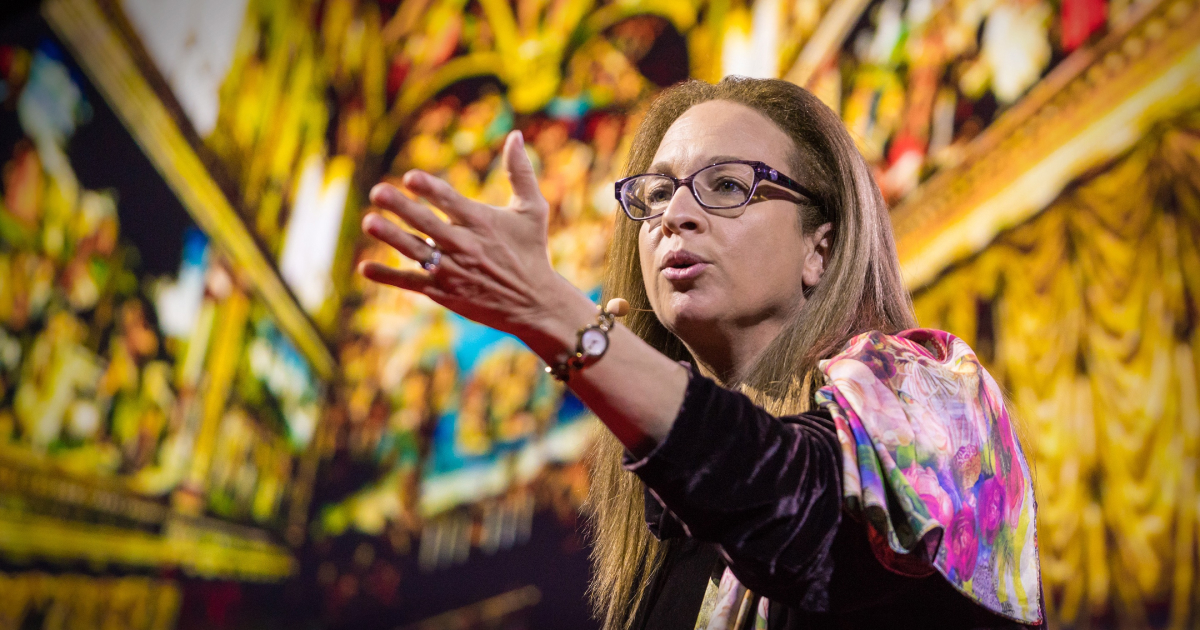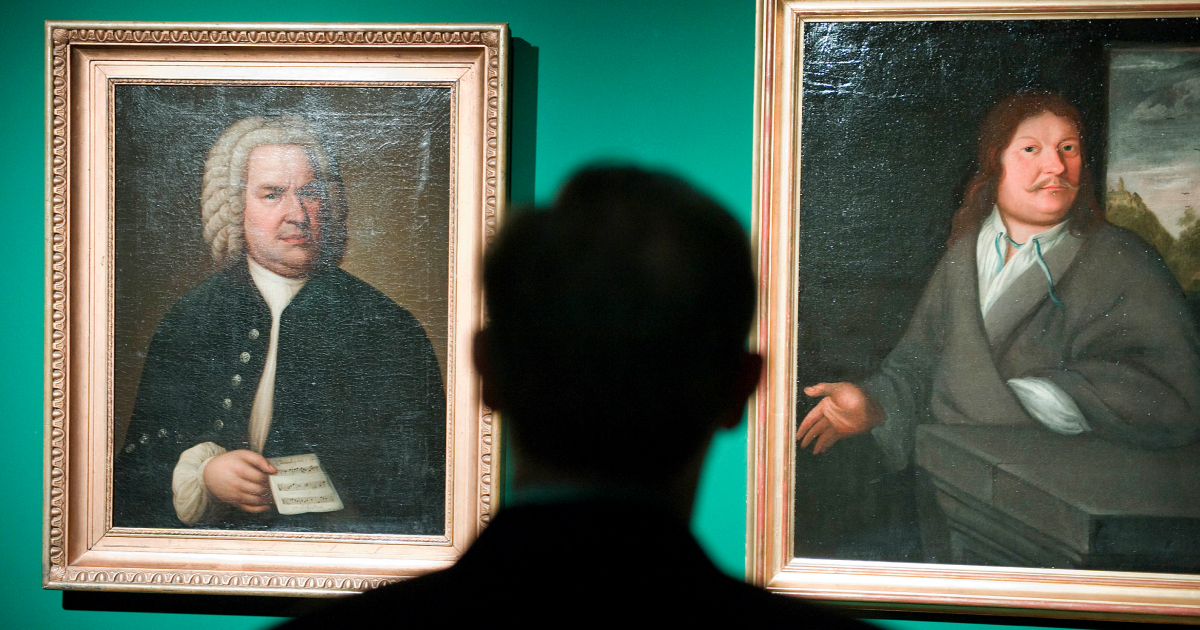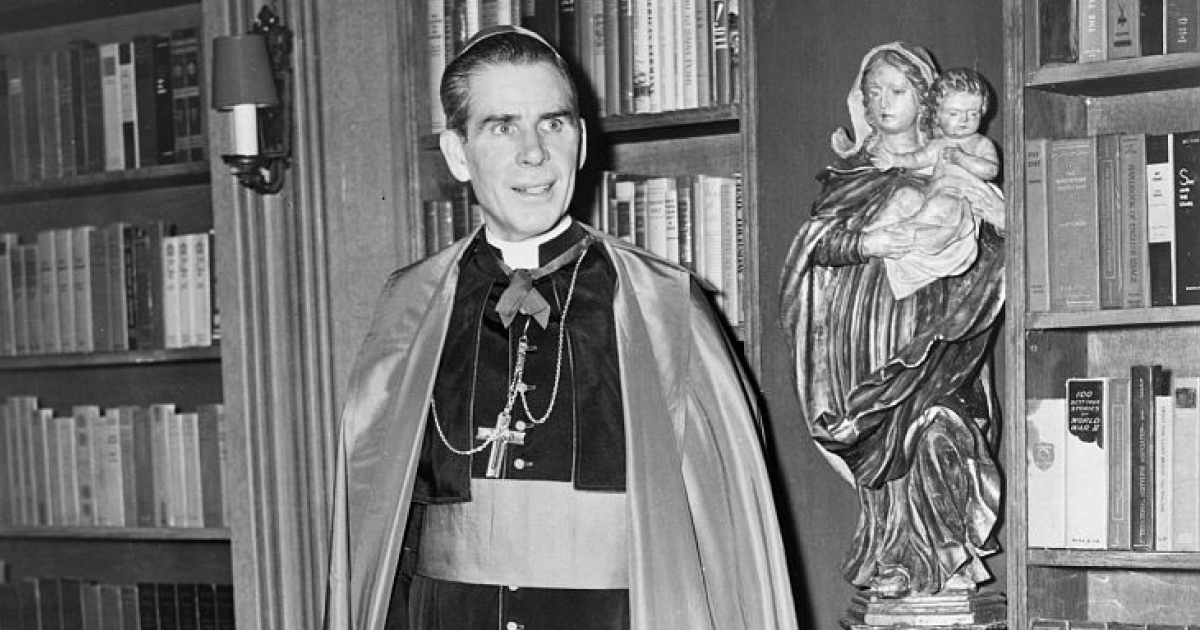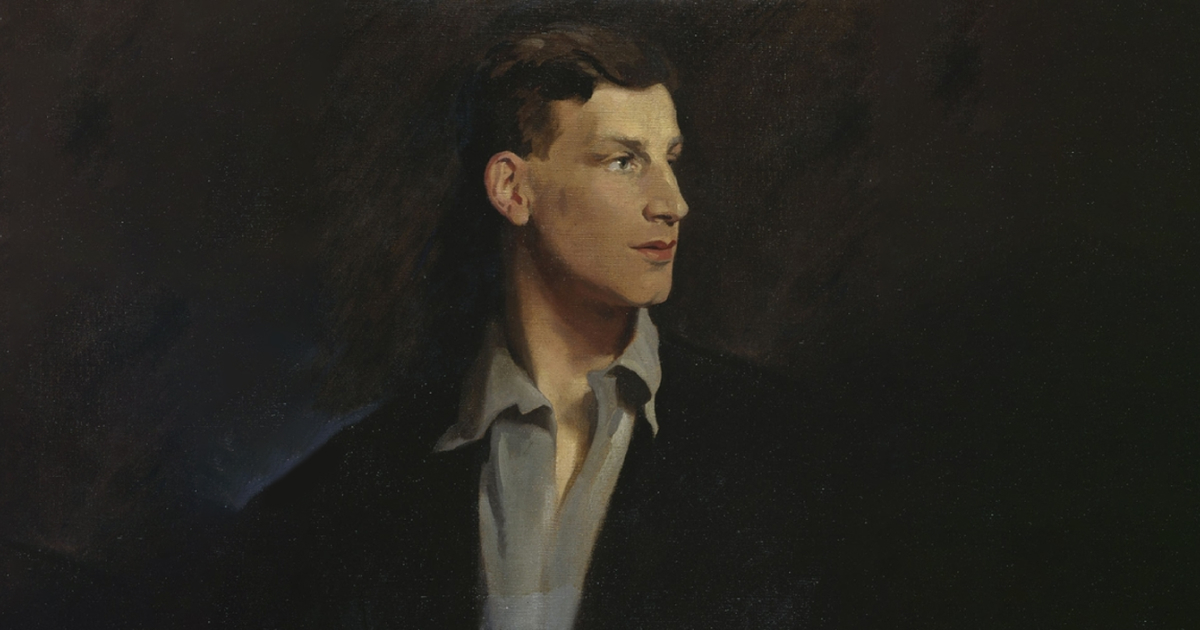We know very little about Joel, the son of Petuel. Since there are no chronological indications in his writings, scholars have great difficulty in establishing the period in which he would have prophesied (between the ninth and second centuries BC).
He is called “the poet of the locusts” because his book opens with a lament for a disastrous invasion of them: “What the cutting locust left, the swarming locust has eaten. What the swarming locust left, the hopping locust has eaten, and what the hopping locust left, the destroying locust has eaten” (Joel 1:4).
The disaster caused by the locusts is mixed with the damage of the drought and takes on the tone of an evocation that makes the people reflect on very different devastations.
It is with the sound of the trumpet that the approach of the Lord’s Day is announced: “Sound the trumpet in Jerusalem! Raise the alarm on my holy mountain! Let everyone tremble in fear because the day of the Lord is upon us. Blow the ram’s-horn trumpet in Zion!” (Joel 2:1).
Before the Babylonian exile, the prophets tended to see this day above all as a day of chastisement against Israel, only a “remnant” escaping this divine wrath and becoming the depository of the promises of salvation. During the exile, this conception was modified; the day of the Lord is presented as a day of wrath and darkness for the nations, while for Israel it becomes the day of hope of rebirth. Joel announces the day of the Lord as a day of salvation, of the outpouring of the Spirit on Israel, but also as a day of judgment on violent nations.
The penitential assembly is also convoked to the sound of the trumpet. Believers are challenged as individuals and as members of a people to whom God has committed Himself and who have committed themselves to God. The different moments of the journey of conversion are linked. We pass from the vision of the scourge to the invitation to public and national repentance, then the threat returns with a broader description of the Lord’s Day followed by an invitation to personal and interior repentance. Then the results of conversion are shown, which are the outpouring of the Spirit and the final judgment.
It is always in the context of the Lord’s Day that we find the prophecy of the outpouring of the Spirit. The Apostle Peter refers to it on the day of Pentecost, to make the inhabitants of Jerusalem understand what is happening before the eyes of the city: “Men of Judea and all who dwell in Jerusalem, let this be known to you, and give ear to my words. For these men are not drunk, as you suppose, since it is only the third hour of the day; but this is what was spoken by the prophet Joel” (Acts 2:14-16).
Also connected to the day of the Lord is the theme of the Last Judgment. This is an important theme because it will be taken up by Jesus Himself and by the authors of the New Testament. The place of judgment is the valley of Jehoshaphat. It is a geographical denomination that has a symbolic value; Jehoshaphat means “the Lord judges”.
In Joel, judgment has a twofold aspect: on the one hand, it is a judgment of condemnation for the nations that oppressed Israel, and on the other, it is an occasion of salvation for the oppressed people (Joel 4:1-2).
The book of Joel concludes with a vision of hope that shows the consequences of the final judgment: the people of God are reserved for paradise, while for violent nations something else awaits: “And it will come to pass in that day that the mountains shall drip with new wine, the hills shall flow with milk, and all the brooks of Judah shall be flooded with water…Judah shall abide forever, and Jerusalem from generation to generation. For I will acquit them of the guilt of bloodshed, whom I had not acquitted; for the Lord dwells in Zion” (Joel 4:18-21).
The Bible itself ends in a similar way to the book of Joel; Revelation describes, on the one hand, the fall of Babylon and, on the other, the entry of the people of God into the heavenly Jerusalem (cf Rev 21:3-4).
The journey that Joel has led us to follow is the journey of every person who wants to walk in faith: he invites us to keep ourselves on the path of conversion, he reminds us of the gift of the Spirit, he places before our eyes the final realities of judgment and reward. All this he does without ever disuniting the personal and community dimensions in the life of the believer.
His is a small book with great contents. Let us ask God that it may be the itinerary of our life, so that we too may live by dwelling with the Lord.
Fr Francesco Patton has been Custos of the Holy Land since 2016.
This article originally appeared in the May 2024 issue of the Catholic Herald. To subscribe to our award-winning, thought-provoking magazine and have independent and high-calibre counter-cultural Catholic journalism delivered to your door anywhere in the world click here.
We know very little about Joel, the son of Petuel. Since there are no chronological indications in his writings, scholars have great difficulty in establishing the period in which he would have prophesied (between the ninth and second centuries BC).
He is called “the poet of the locusts” because his book opens with a lament for a disastrous invasion of them: “What the cutting locust left, the swarming locust has eaten. What the swarming locust left, the hopping locust has eaten, and what the hopping locust left, the destroying locust has eaten” (Joel 1:4).
The disaster caused by the locusts is mixed with the damage of the drought and takes on the tone of an evocation that makes the people reflect on very different devastations.
It is with the sound of the trumpet that the approach of the Lord’s Day is announced: “Sound the trumpet in Jerusalem! Raise the alarm on my holy mountain! Let everyone tremble in fear because the day of the Lord is upon us. Blow the ram’s-horn trumpet in Zion!” (Joel 2:1).
Before the Babylonian exile, the prophets tended to see this day above all as a day of chastisement against Israel, only a “remnant” escaping this divine wrath and becoming the depository of the promises of salvation. During the exile, this conception was modified; the day of the Lord is presented as a day of wrath and darkness for the nations, while for Israel it becomes the day of hope of rebirth. Joel announces the day of the Lord as a day of salvation, of the outpouring of the Spirit on Israel, but also as a day of judgment on violent nations.
The penitential assembly is also convoked to the sound of the trumpet. Believers are challenged as individuals and as members of a people to whom God has committed Himself and who have committed themselves to God. The different moments of the journey of conversion are linked. We pass from the vision of the scourge to the invitation to public and national repentance, then the threat returns with a broader description of the Lord’s Day followed by an invitation to personal and interior repentance. Then the results of conversion are shown, which are the outpouring of the Spirit and the final judgment.
It is always in the context of the Lord’s Day that we find the prophecy of the outpouring of the Spirit. The Apostle Peter refers to it on the day of Pentecost, to make the inhabitants of Jerusalem understand what is happening before the eyes of the city: “Men of Judea and all who dwell in Jerusalem, let this be known to you, and give ear to my words. For these men are not drunk, as you suppose, since it is only the third hour of the day; but this is what was spoken by the prophet Joel” (Acts 2:14-16).
Also connected to the day of the Lord is the theme of the Last Judgment. This is an important theme because it will be taken up by Jesus Himself and by the authors of the New Testament. The place of judgment is the valley of Jehoshaphat. It is a geographical denomination that has a symbolic value; Jehoshaphat means “the Lord judges”.
In Joel, judgment has a twofold aspect: on the one hand, it is a judgment of condemnation for the nations that oppressed Israel, and on the other, it is an occasion of salvation for the oppressed people (Joel 4:1-2).
The book of Joel concludes with a vision of hope that shows the consequences of the final judgment: the people of God are reserved for paradise, while for violent nations something else awaits: “And it will come to pass in that day that the mountains shall drip with new wine, the hills shall flow with milk, and all the brooks of Judah shall be flooded with water…Judah shall abide forever, and Jerusalem from generation to generation. For I will acquit them of the guilt of bloodshed, whom I had not acquitted; for the Lord dwells in Zion” (Joel 4:18-21).
The Bible itself ends in a similar way to the book of Joel; Revelation describes, on the one hand, the fall of Babylon and, on the other, the entry of the people of God into the heavenly Jerusalem (cf Rev 21:3-4).
The journey that Joel has led us to follow is the journey of every person who wants to walk in faith: he invites us to keep ourselves on the path of conversion, he reminds us of the <a href="https://catholicherald.co.uk/every-concession-to-the-devil-makes-us-less-free-and-more-enslaved/?swcfpc=1"><mark style="background-color:rgba(0, 0, 0, 0)" class="has-inline-color has-vivid-cyan-blue-color">gift of the Spirit</mark></a>, he places before our eyes the final realities of judgment and reward. All this he does without ever disuniting the personal and community dimensions in the life of the believer.
His is a small book with great contents. Let us ask God that it may be the itinerary of our life, so that we too may live by dwelling with the Lord.
<em>Fr Francesco Patton has been Custos of the Holy Land since 2016.</em>
<strong><strong>This article originally appeared in the May 2024 issue of the <em>Catholic Herald</em>. To subscribe to our award-winning, thought-provoking magazine and have independent and high-calibre counter-cultural Catholic journalism delivered to your door anywhere in the world click</strong> <mark style="background-color:rgba(0, 0, 0, 0)" class="has-inline-color has-vivid-cyan-blue-color"><a href="https://catholicherald.co.uk/subscribe/?swcfpc=1">h</a></mark><a href="https://catholicherald.co.uk/subscribe/?swcfpc=1"><mark style="background-color:rgba(0, 0, 0, 0)" class="has-inline-color has-vivid-cyan-blue-color">ere</mark></a>.</strong>












.jpg)





